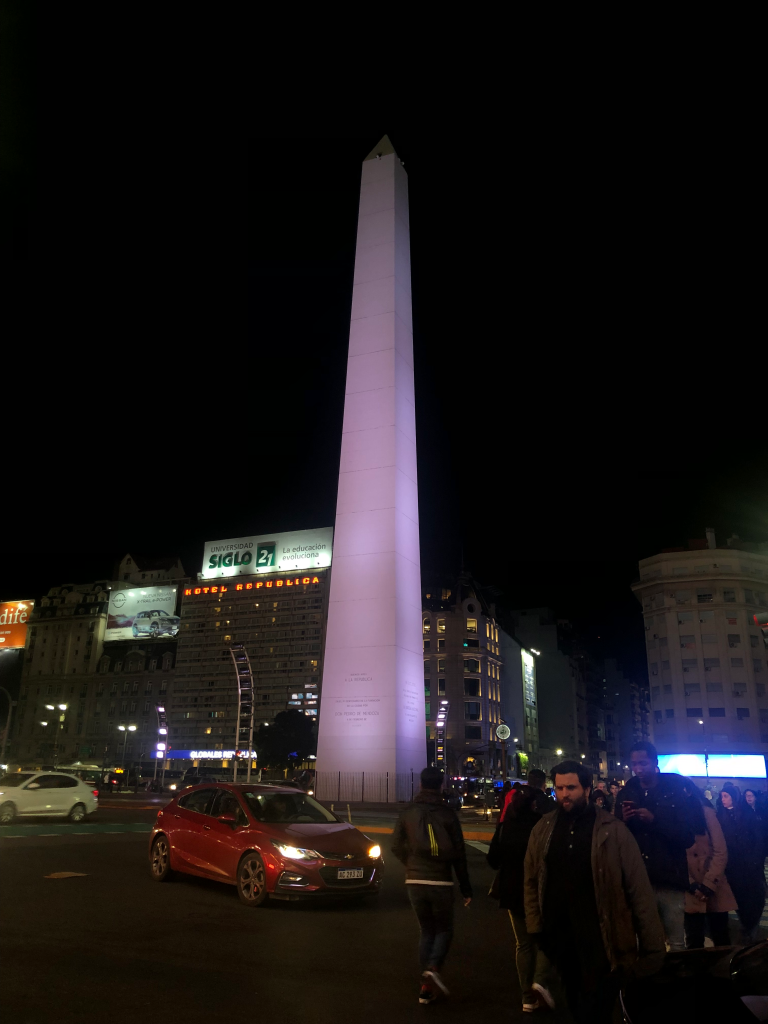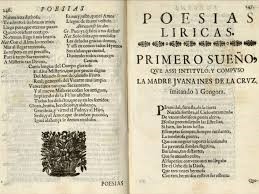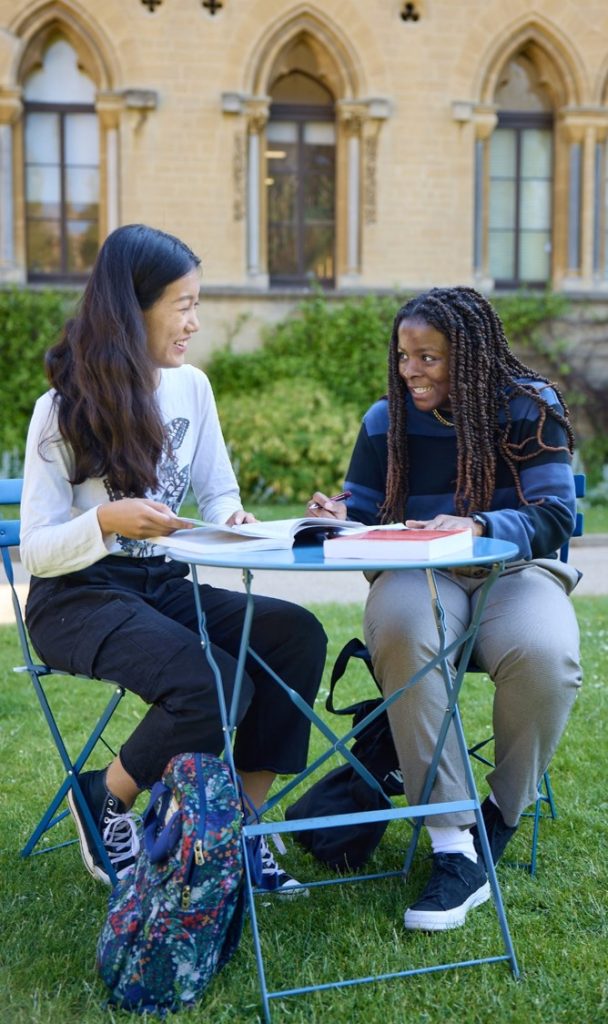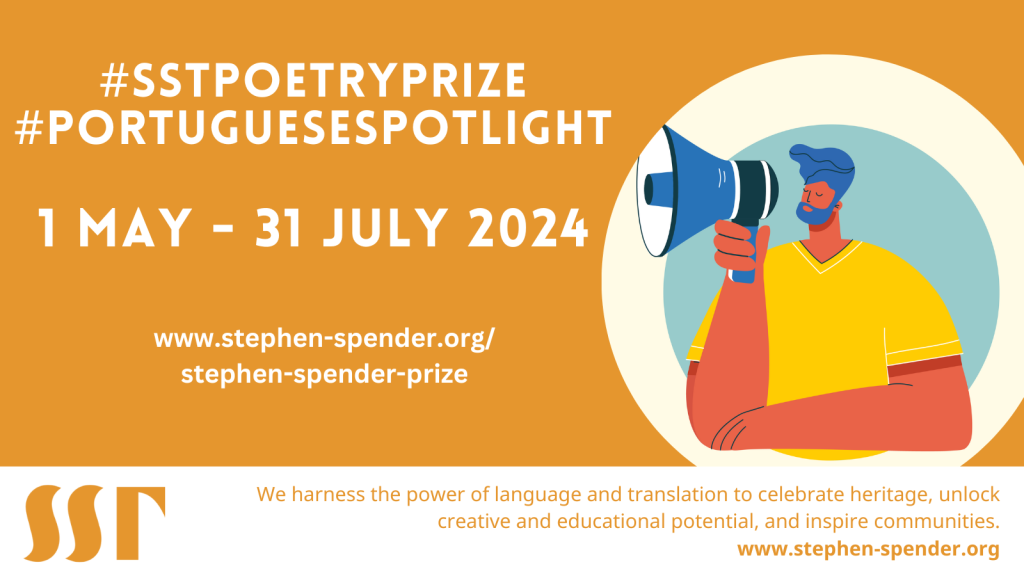On the blog this week, one of our final year French & Spanish students tells us all about their experience of being an English Language Assistant in two Argentinian schools…
As part of my year abroad, I spent five months in Argentina taking in the beautiful setting, learning a new kind of Spanish and meeting some lifelong friends. I was quite keen to push myself and make the most of the opportunity to go abroad so going to South America was definitely on the top of my list. After having applied to some other programs and been unsuccessful, I found an experience which offered the possibility of teaching English in school. The thought of being placed in ANY part of Argentina (the eighth biggest country worldwide with one of the most varied climates) meant that I was excited yet also nervous about what could lie ahead.

During my time in Argentina, I worked with two institutions in the Buenos Aires province which both offered unique experiences! I stayed at my first institution for two months and it was an amazing private school with some equally incredible teachers. The best thing was being able to share my culture with others as well as form a rapport with the children that I taught.

During my first placement, I had the pleasure to live with a wonderful host family who made me feel welcome despite the fact that I am naturally quite shy and introverted and they were always willing to help me with my Spanish, share their culture and take me in as one of their own. My arrival began with being invited to a quince (a fifteenth birthday party) which was overwhelming yet it meant that I soon made friends. The welcoming and kind-hearted nature of the people meant that I was invited on many outings, meals out and drank a lot of mate (a drink which has the same cultural prestige as a cup of tea in England).
The second institution that I worked with was in a small town of 5000 people in the countryside and whilst I did the same activities in regards to sharing my culture and teaching classes, I had a whole host of new experiences. I lived with two fantastic families who welcomed me as one of their own. Something I still miss to this day is the tasty soup and desserts that were made by Hebe! A memory that I will never forget is that I taught students the moves to the cha-cha slide and the Superman song. Whilst there were times that I missed home, these times were few and far between. I am extremely thankful to have met my supervisor as well as to have had the opportunity to go on outings with different families and of course, drink more mate! I still keep in touch with my supervisor and friends I made there and I hope to visit them again someday.
During my free time, I was able to organise my own travel around Argentina. My favourite trip definitely had to be visiting Iguazú Falls in the north of Argentina which definitely was a sight to behold! I frequently visited Buenos Aires and marvelled at what the city had to offer. Whilst there were some anxieties about being in Argentina as a result of cultural differences and general feelings of homesickness which comes with any experience abroad, I always had support around me whilst I was there and knew that I could contact my tutors back in Oxford in the face of any problems.

My advice to anyone considering a degree in Modern Languages is to go for it and make the most of the year abroad! The opportunity to further develop your cultural knowledge through literature alongside the different options available for going abroad is something I will always be grateful for. If you had asked me when I first started my degree whether I would have travelled to Argentina alone, met amazing people and have done the cha-cha slide with students in a small town in Argentina, I would have thought you were crazy. However, that’s something that became a reality and now a fond memory and, I am looking forward to going back one day.






